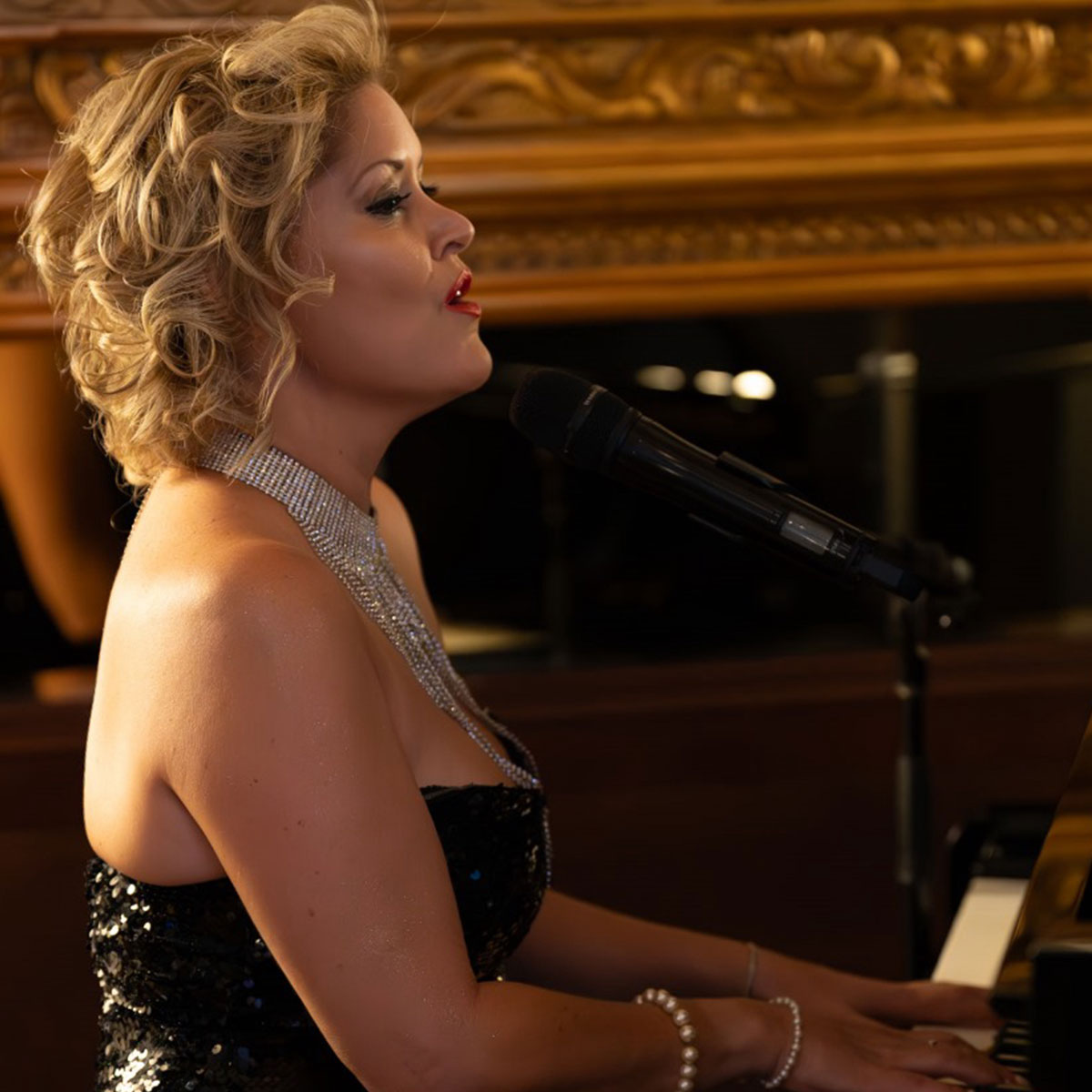Being a non-Arabic speaker let alone rapper, I would shy away from music that will leave me scrambling online for Google Translate.
FREEK's might be one of those few exemptions. Contrary to popular belief that spoken Arabic has a [overly] strong tone, he managed to bring it down to a manageable audio level — in a rap track at least.
The strong tone and power, though, exhumed from his lyrics. "They don't know what I have been through, my heart has turned cold. My weapon is ancient. Look into my eyes and you can tell I came from nothing." I listened to these riveting lines from 'Wala Kilma' (Say No More) as I bobbled my head to his inauguration of drill music – a sub-genre of hip hop – from the West to the Middle East. Or shall I say my inauguration to drill music?

Hats-off to Somalian rapper Mustafa Ismail for embracing his Arabic roots. "I have always rapped in Arabic." He knew there was a gap that needed to be filled with the trap/drill twist, rapping in Arabic gave him an identity and made him stand out especially that his persona comes out when speaking in Arabic. "Don't get me wrong. I’ve always listened to English music." He admits not being into Arabic music — not even Arabic rap for the most part. Until he heard MWR - a group from Palestine - and caught his attention. Since then, he started searching for more Arabic rap music then eventually started making his own.
I have always rapped in Arabic
Born and raised in the UAE, Mustafa grew up listening to and loving music from a young age of eight. "I used to walk around the house recording my voice as if I am a radio presenter (laughs)," he candidly recalls. "I used to record songs from the radio so I can listen to it later; I couldn't afford to buy albums," he chuckles.
At the onset, his parents knew his passion for music, along with his sisters – Maha and Manal – who sing and play the guitar. Thankful to his sisters, when FREEK started rapping it wasn’t a bolt from the blue.
Although far removed from the music outskirts of the West, FREEK was influenced by the MP3 revolution and nu-metal. Slipknot, Korn and KillSwitch Engage made it to his playlist while skateboarding when he was 10. "I'm a mix of both worlds growing up to metal music. It has changed a lot about me and I don’t think I would be making my type of music now if I wasn’t a metalhead." The deeper and personal appeal of Hip-Hop made his cross-over an easy transition. "Hip-Hop is something I can accomplish solo and pour out my heart lyrically."
He has succeeded thus far in making this come into fruition. Although he still considers his music unpredictable, he is constantly concocting sounds that are different from "stereotypical" Arabic music that has been coming out. According to him, "Arabic music can be cool and not as cringy after all."

Getting Personal
On a personal level, I asked him how he is coping with the whole Covid-19 scenario. "A lot of video games! Been playing 'Call Of Duty' nonstop." Lately, he is considering starting a live-streaming venture. Mind you, he still loves the simple things in life. Case in point: Laban Up. "Every time I open a pack, that smell brings back memories!" he exclaims, remembering how he could not afford it when he was a child. To this day, his heart goes to his friends and wishes they would be allowed back in the country so they can elevate the music scene together.
His perspective? Exceptionally remarkable. When I inquired if he will accept a multi-million dollar record deal – with a clause that requires him to change his image or lyrics – he responds in full honesty. "I don’t think so!" I would attest that his content is a cut above other rappers and to do so will water down his vibe. "I don’t want to filter my sound. I want it to be authentic and unique. Artists should be themselves. Honestly, we don’t have to pretend like we are Westerners to make it in the industry or fake an accent to gain acceptance."
I dont want to filter my sound
He considers the next generation to be fortunate to have a headstart in the music game. Growing up, it was not easy for him to find a person to look up to or emulate someone's path to success. In his opinion, the next generation is ready to take over the Middle-East music scene and beyond.
What’s next for FREEK? His supposed tour this year is under hiatus due to the Covid-19 situation. "Make more music I guess? I'll keep everyone updated." Collaborating with an international artist may not be far-fetched. The fusion of Arabic and another language is a concept he considers in the foreseeable future.
It won't be long until FREEK reaches a household-name status. Artists who flow against the current often end up creating their own — and others follow. Pun intended.

Follow Freek:
HOMEGROWN is musivv’s segment dedicated to featuring UAE-based artists. Features under this segment are eligible for a nomination under this category on The musivv Awards (TMAs) annual recognition.















